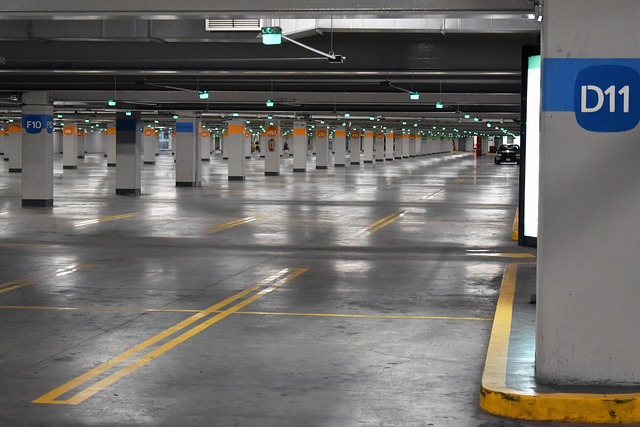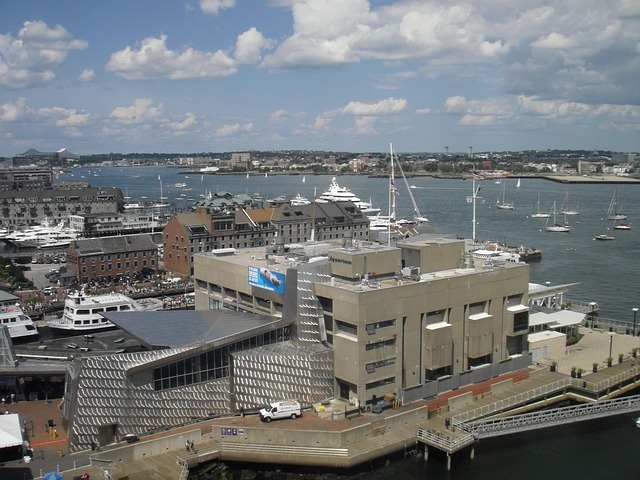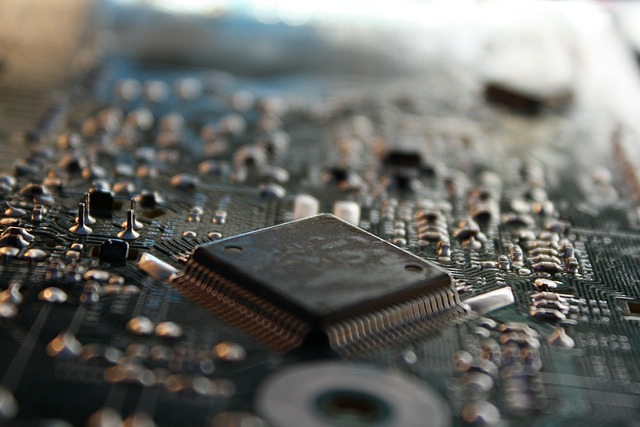Boston promotes electronics recycling through collection points, responsible handling programs, and nonprofit education. Secure data destruction methods protect privacy while reducing e-waste's environmental impact. The city offers diverse initiatives, partnerships, and accessible resources for both residents and businesses, leading in sustainable e-waste management with a focus on community engagement and protecting local ecosystems.
In Boston, managing electronics waste responsibly is a growing priority. This city, with its bustling tech scene, generates significant e-waste, highlighting the need for effective disposal solutions. Understanding and addressing this issue is crucial for both environmental preservation and community well-being. This article explores various facets of local electronics recycling in Boston, from the challenges posed by e-waste to the numerous benefits of responsible recycling practices and innovative initiatives aimed at reducing Boston’s tech trash.
- Understanding Electronics Waste in Boston
- Benefits of Responsible Recycling Practices
- Local Boston Initiatives for E-Waste Reduction
- The Process: How to Recycle Electronics Properly
- Community Engagement in Sustainable Disposal Solutions
Understanding Electronics Waste in Boston

Boston, like many urban centers, faces unique challenges when it comes to managing its growing volume of electronic waste, or e-waste. This rapidly expanding category includes items such as computers, phones, and small home appliances that reach the end of their useful life. Understanding electronics recycling in Boston is crucial in mitigating environmental impact and promoting sustainable practices. The city has made strides in adhering to environmental laws by establishing proper collection points and implementing programs for responsible e-scrap handling.
Learning about e-scrap handling involves understanding how these devices are disassembled, recycled, and disposed of safely. Nonprofits supporting electronics recycling play a vital role in educating the public and ensuring that e-waste doesn’t end up in landfills, where it can leach toxic substances into the environment. By promoting responsible disposal methods, Boston residents can contribute to a greener future while ensuring valuable materials are recovered from electronic devices.
Benefits of Responsible Recycling Practices

Responsible electronics recycling practices offer a multitude of benefits, not just for the environment but also for communities and businesses in Boston. By adopting secure data destruction methods, organizations can protect sensitive information, ensuring that old devices aren’t left vulnerable to data breaches. This is especially crucial in today’s digital age where e-waste contains valuable resources and potential hazards.
Beyond security, proper recycling programs facilitate the recovery of reusable materials from electronic devices. These materials can then be repurposed, reducing the demand for new resource extraction and minimizing environmental impact. Additionally, secure e-waste drop-off locations across MA provide convenient ways for residents to dispose of their old electronics responsibly. For businesses, recycling electronics for cash not only offers a financial incentive but also aligns with corporate social responsibility goals, contributing to a sustainable future while protecting personal information.
Local Boston Initiatives for E-Waste Reduction

Boston, a city committed to sustainability, has initiated several programs aimed at reducing electronic waste (e-waste) and promoting responsible disposal practices. One notable effort is the collaboration between local IT companies and non-profit organizations to provide secure data erasing services before recycling. This ensures that sensitive information from old electronics is safely removed, adhering to environmental laws and protecting individual privacy.
The city also offers numerous free electronics recycling opportunities, making it accessible for residents to dispose of their e-waste responsibly. Additionally, local businesses can benefit from specialized IT companies providing business electronics recycling solutions in Boston. These initiatives demonstrate a holistic approach to managing e-waste, fostering a greener and more secure future for the community.
The Process: How to Recycle Electronics Properly

Properly recycling electronics is a crucial step in responsible e-waste management, and Boston has resources available to make this process seamless. The first step involves disassembling the device, separating its various components, such as circuits, metals, plastics, and glass. This meticulous process ensures that each material can be recycled or repurposed efficiently. Many local electronics recycling workshops in Boston offer guidance on proper disassembly techniques, making it accessible for both individuals and businesses.
For corporate e-scrap management, partnering with specialized facilities is essential to ensure environmental safety and compliance. These facilities employ advanced technologies and trained personnel to handle a wide range of electronic items, from outdated computers and smartphones to larger appliances. By participating in these recycling programs, Boston residents and businesses contribute to the sustainable disposal of electronics waste, minimizing its potential harm to local ecosystems and communities.
Community Engagement in Sustainable Disposal Solutions

In the pursuit of sustainable electronics waste management, community engagement plays a pivotal role in Boston’s green initiatives. By actively involving residents, local businesses, and organizations, Boston can foster a culture of responsible e-waste disposal. Educational programs aimed at informing the public about the environmental impact of electronic devices and promoting proper recycling practices are instrumental. These efforts can be amplified through innovative initiatives like e-waste trade-in programs, encouraging citizens to responsibly dispose of old electronics while offering incentives for sustainable choices.
Community engagement also facilitates a deeper understanding of the importance of data destruction and recycling services. As Boston moves towards digital transformation, ensuring that sensitive information is securely eliminated during electronic waste disposal becomes critical. By integrating these educational and service-oriented programs, the city can ensure that its electronics recycling efforts are comprehensive and truly contribute to a greener future, making Boston a model for sustainable e-waste management.
Electronics waste management is a collaborative effort that requires both individual responsibility and community initiatives. By understanding the impact of e-waste, embracing responsible recycling practices, and engaging with local Boston programs, we can significantly reduce our electronic footprint. Proper disposal through certified facilities ensures valuable materials are recovered and harmful substances are safely contained, benefiting both the environment and future technology development. Embrace the change towards sustainable electronics recycling in Boston to create a cleaner, greener future for all.














